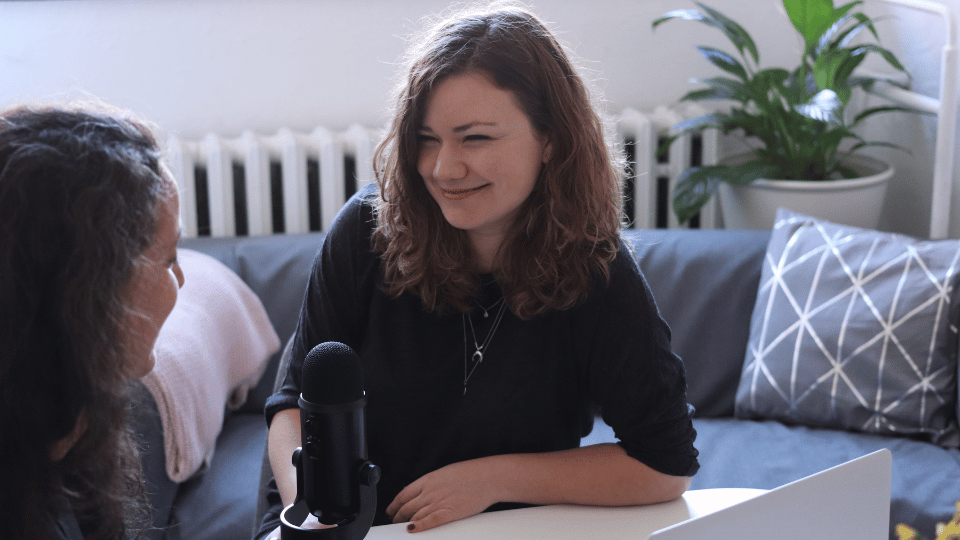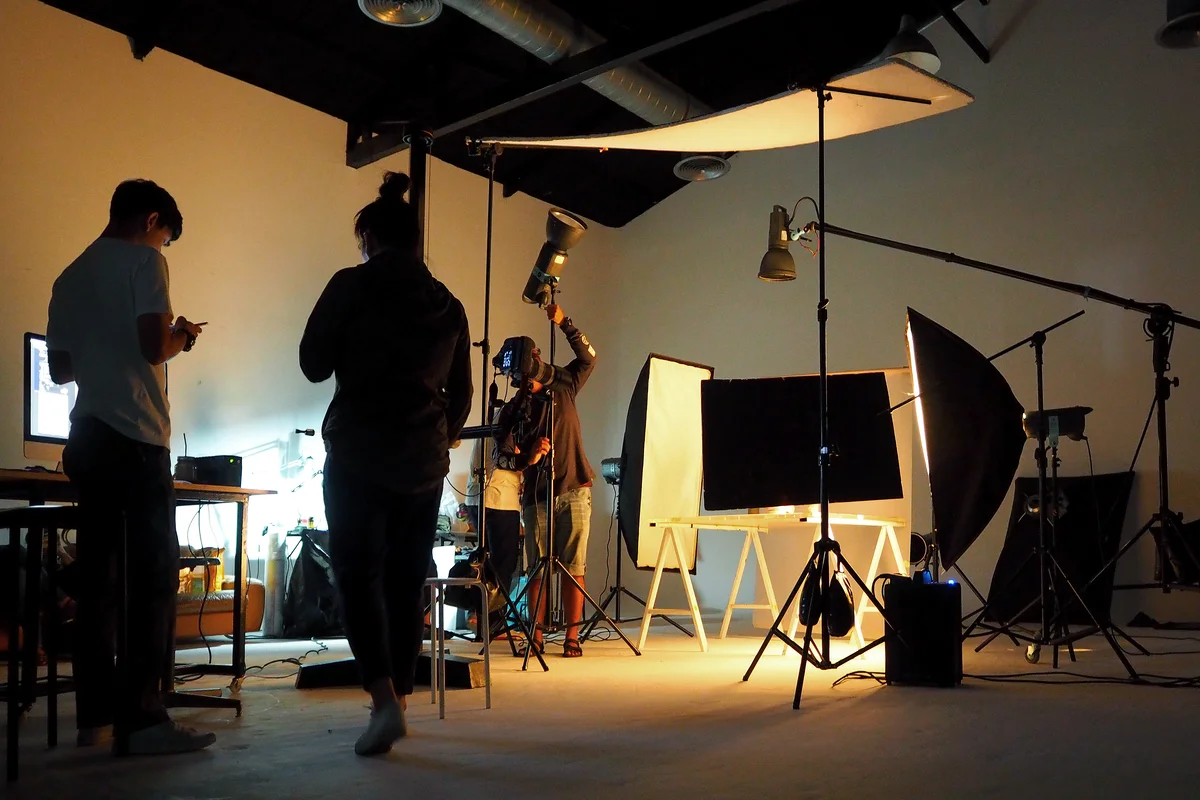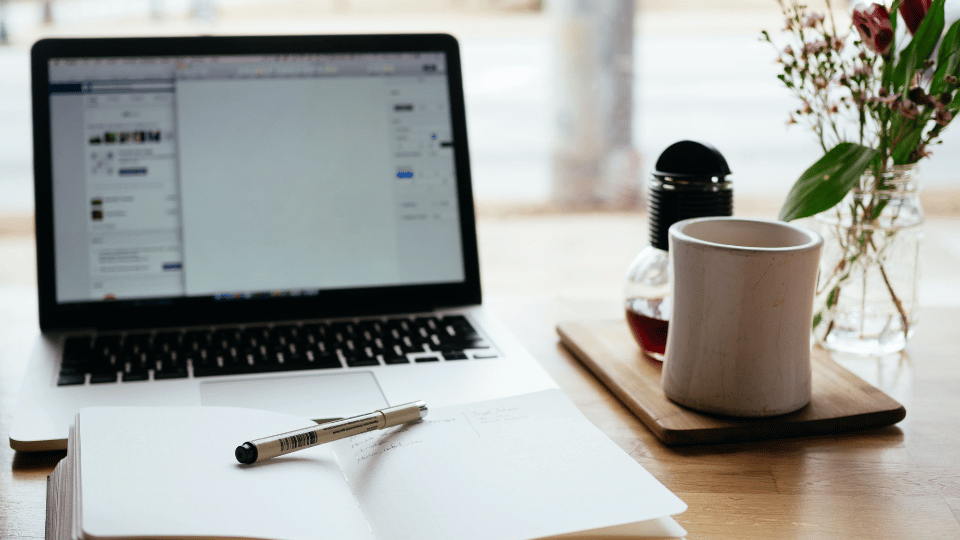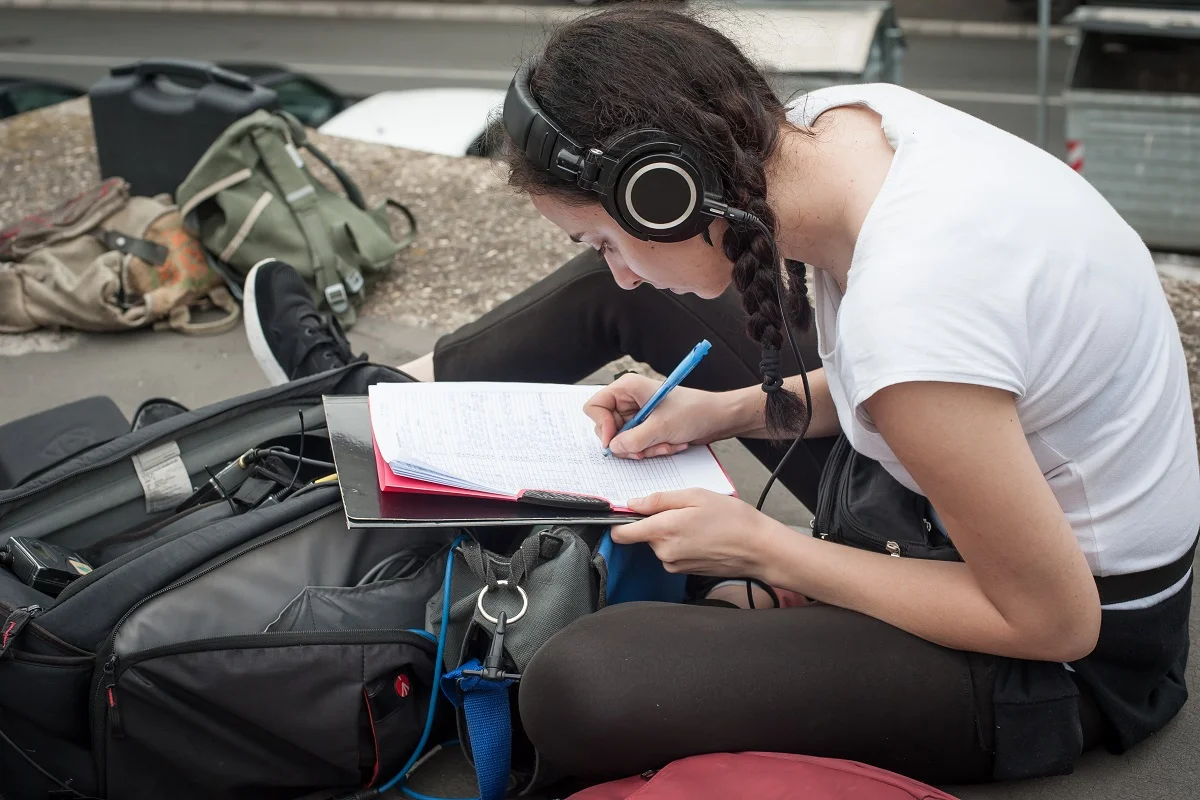Mastering the Interview: A Journalist’s Questioning Arsenal
In the world of journalism, the interview is a crucial skill that can make or break a story. It is through the art of questioning that journalists are able to uncover the truth, shed light on important issues, and provide valuable insights to their readers. Mastering the interview requires not only a deep understanding of the subject matter but also a well-honed arsenal of questioning techniques. In this article, we will explore some of the key strategies and tactics that journalists can employ to effectively navigate interviews and extract the most valuable information from their subjects.
1. Prepare, Prepare, Prepare
The first step in mastering the interview is thorough preparation. Before you even step into the interview room, it is important to do your homework. Research your subject extensively, familiarize yourself with their background, accomplishments, and any relevant news or articles they have been featured in. This will not only help you ask informed and targeted questions but also demonstrate your professionalism and dedication to your subject.
2. Start with Open-Ended Questions
When the interview begins, it is crucial to establish rapport and create an open and comfortable environment for your subject. Start with open-ended questions that encourage them to share their thoughts and experiences in their own words. These questions typically begin with “how,” “why,” or “tell me about.” Open-ended questions allow for more detailed and insightful responses, providing you with valuable material for your story.
3. Follow up with Probing Questions
Once you have established a foundation with open-ended questions, it is time to dig deeper. Probing questions are designed to elicit more specific information or clarify ambiguous statements. These questions often begin with “can you elaborate on,” “what do you mean by,” or “could you provide an example.” Probing questions help you uncover hidden details, challenge assumptions, and encourage your subject to provide more thoughtful and comprehensive responses.
4. Use the Power of Silence
Silence can be a powerful tool in an interview. When faced with a difficult or uncomfortable question, many subjects feel compelled to fill the silence with additional information. By remaining silent after asking a challenging question, you give your subject the opportunity to expand on their initial response or reveal more than they initially intended. The power of silence can lead to unexpected insights and revelations.
5. Employ Active Listening
Active listening is a crucial skill that every journalist should master. It involves not only hearing what your subject is saying but also paying attention to their body language, tone of voice, and other non-verbal cues. By actively listening, you can pick up on subtle nuances, detect inconsistencies, and follow up with relevant questions. Active listening also demonstrates respect and empathy towards your subject, which can help build trust and foster a more productive interview.
6. Adapt to the Situation
Every interview is unique, and as a journalist, you must be able to adapt your questioning style to fit the situation. Depending on the subject matter and the interviewee’s personality, you may need to adjust your approach. For example, some interviews may require a more confrontational style to challenge a controversial figure, while others may necessitate a more empathetic and understanding approach to elicit personal stories or sensitive information. Being flexible and adaptable will help you navigate diverse interview scenarios and ensure a successful outcome.
7. Practice, Practice, Practice
Mastering the interview is a skill that takes time and practice. The more interviews you conduct, the more comfortable and confident you will become in your questioning techniques. Take advantage of opportunities to practice interviewing, whether through internships, freelance work, or even mock interviews with colleagues or mentors. Reflect on your performance, seek feedback, and continuously refine your approach. With each interview, you will gain valuable experience and become a more skilled and effective interviewer.
In conclusion, mastering the interview is an essential skill for any journalist. By thoroughly preparing, asking open-ended and probing questions, utilizing the power of silence, actively listening, adapting to the situation, and practicing regularly, you can develop a formidable questioning arsenal. Remember, the interview is not just about obtaining information; it is about telling compelling stories that engage and inform your readers. So go out there, hone your skills, and become a master of the interview.
Key Takeaways:
- Thorough preparation is essential before conducting an interview. Research your subject extensively to ask informed and targeted questions.
- Start with open-ended questions to establish rapport and encourage detailed responses from your subject.
- Follow up with probing questions to uncover hidden details and challenge assumptions.
- Utilize the power of silence to give your subject the opportunity to provide more information.
- Active listening involves paying attention to non-verbal cues and nuances to follow up with relevant questions.
- Adapt your questioning style to fit the situation and the interviewee’s personality.
- Practice regularly to become more comfortable and confident in your interviewing skills.
Mastering the interview is a valuable skill for journalists looking to excel in their careers. By implementing the strategies and techniques discussed in this article, you can develop a strong questioning arsenal that will help you extract valuable information and tell compelling stories.
If you’re looking to further enhance your journalism skills, consider taking the “NYU | Modern Journalism” online course and certificate program offered by Yellowbrick. This comprehensive program covers various aspects of modern journalism and can provide you with the knowledge and tools to excel in the industry. Invest in your professional development and take your interviewing skills to the next level with the NYU | Modern Journalism program.








